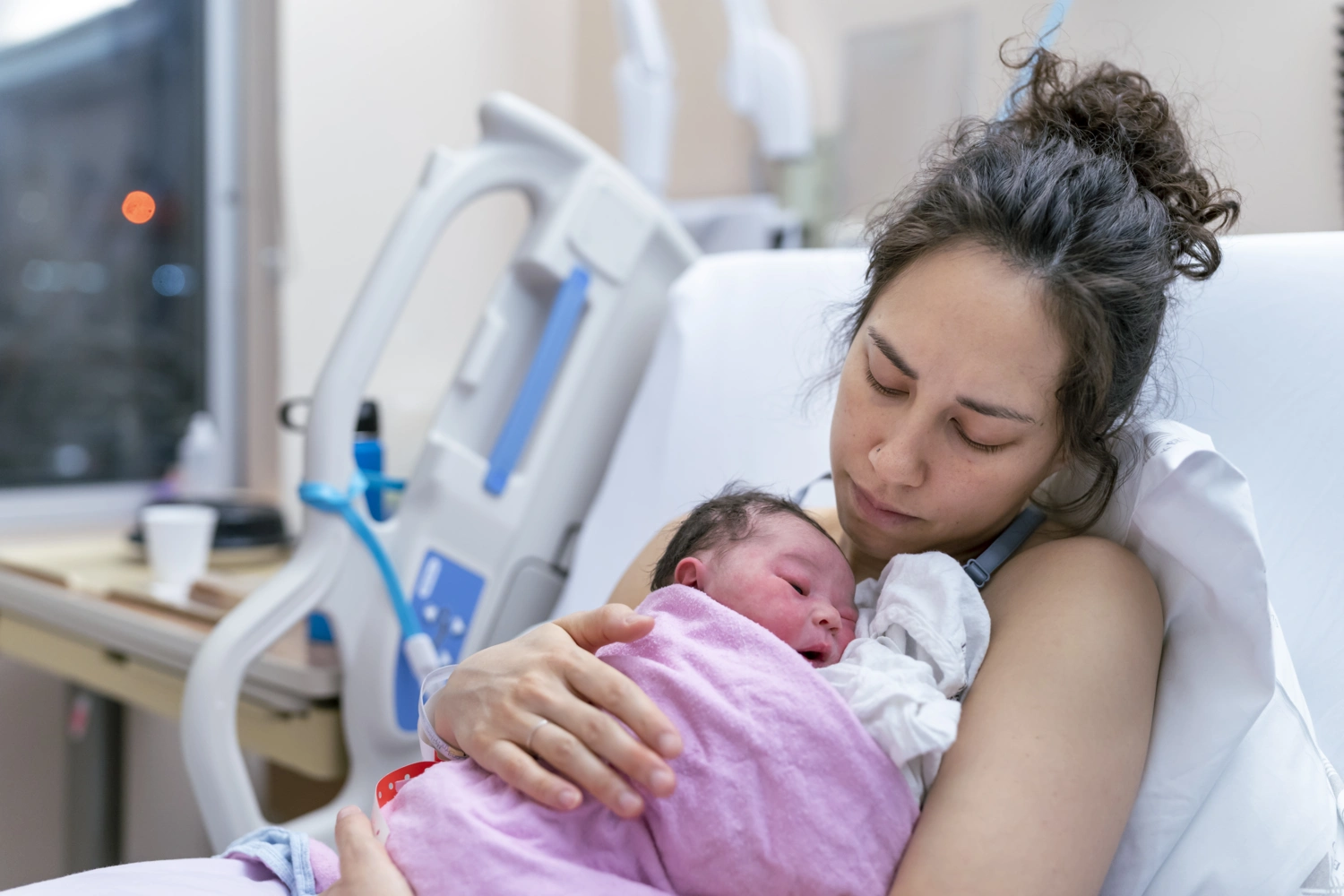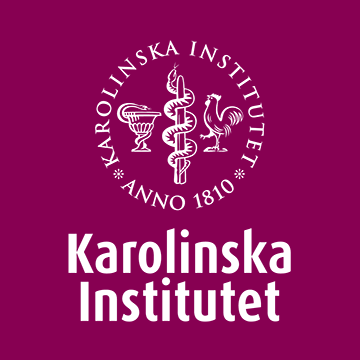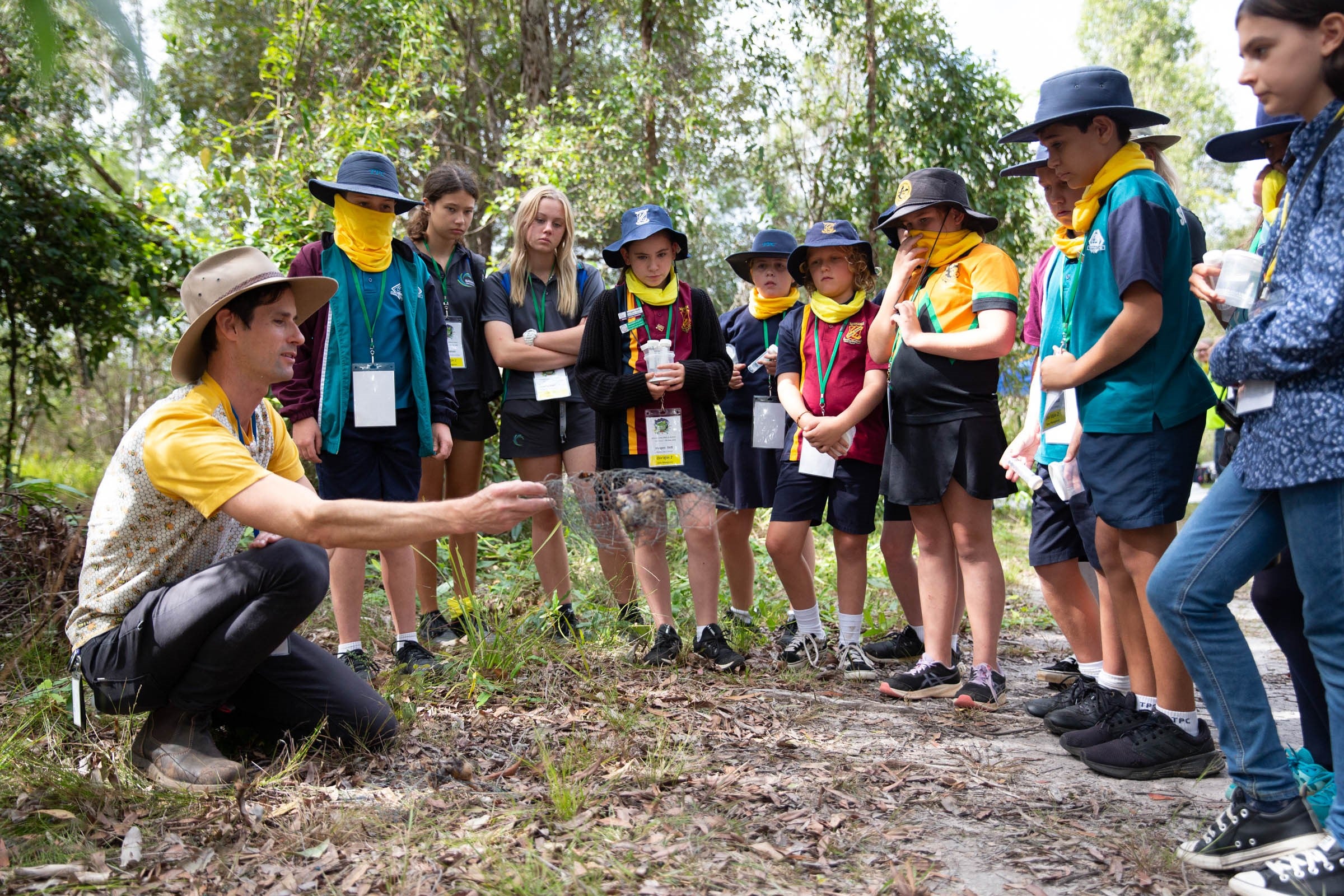The economic impact of the political crisis, coupled with the COVID-19 pandemic, has left families struggling to feed themselves and their children, the child rights organisation said. Some 80% of families said food was their primary concern, with adults in one in five households cutting back on meals in order to feed their children. A third of households are borrowing food or relying on help from others to feed their families.
Kin Thida*, 39, lives with her husband and three children in Yangon, Myanmar. She and her husband used to work as masons on a construction site and all three of their children went to school. But since February 2021 and the ensuing economic turmoil, the couple are now both without jobs.
“In the past, I could buy some pieces of meat and some vegetables for two meals with around 3000 kyat (around US$1.5), but for now, it’s only enough for one meal, sometimes not even that,” Kin Thida said.
Kin Thida’s 17-year-old daughter, Sabal*, had to drop out of school to work in a garment factory to support her family – before she also lost her job due to factory closures.
“I need to find another job, but for that I need a national registration card, and to get that I need to travel to my parents’ hometown to apply. I can’t afford the transport to get there,” Sabal said. “I only want to go back to school – that’s the only place I was happy. I was hoping to be a nurse after school.”
The political crisis in Myanmar started when the country was already vulnerable. The economic crisis drove an increase in the share of households experiencing moderate to severe food insecurity between August and October 2020.
Since February last year the country has suffered further economic decline, with mass job losses, business closures and weakening of the Myanmar currency (kyat), which has affected households across the country.
Even middle-income households that were benefiting from the country’s economic growth since 2011 are now being pushed below the poverty line, Save the Children said. Families are reporting an average price increase of between 30% and 70% for basic foods.
Earlier this year, the child rights organisation warned that at least 150,000 children had been forced to flee their homes due to violence, and last month reports show that the number of children out of school had doubled over the past two years.
Save the Children called on the international community to do everything it can to prevent the country plummeting into mass poverty and hunger, including stepping up humanitarian funding.
Shaheen Chughtai, Regional Advocacy Director for Save the Children in Asia, said:
“More than a year on from the coup, millions of children do not have enough to eat, and families are having to beg or borrow to survive. These new figures are especially sobering at a time where humanitarian response is severely underfunded. At a time when children in Myanmar need us most, they are being let down by the international community.
“Deprivation and hunger on this scale is a worrying step backwards for a country that was already struggling to pull itself out of poverty after decades of political turmoil. The speed at which poverty levels are regressing after 17 years of progress – and the impact this is having on children and their families – is an absolute tragedy, and the world must ensure children in Myanmar are not forgotten.”
Save the Children has been working in Myanmar since 1995, providing life-saving healthcare, food, education and child protection programmes through more than 50 partners and 900 staff across the country.








